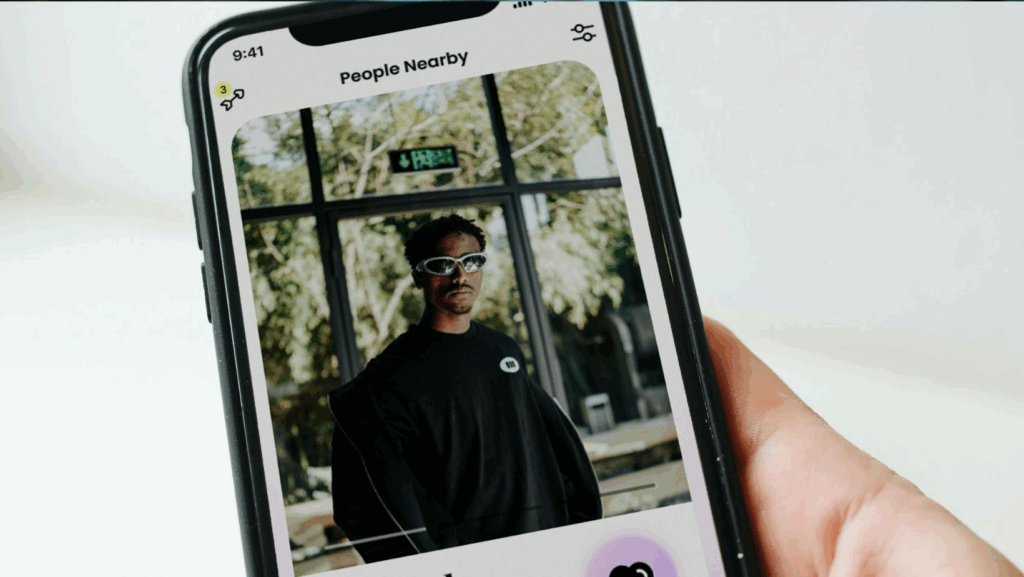Entertainment has always been shaped by cultural trends, storytelling traditions, and available tools, but no period has seen as much rapid change as the current digital age. Streaming platforms, interactive gaming, and advanced artificial intelligence are now central to how people consume content, socialize, and relax. Technology has not only expanded access but also created entirely new categories of entertainment that merge human creativity with machine intelligence. This transformation has changed both what audiences expect and how companies design experiences to meet those expectations.
The Rise of Virtual Companionship
A growing branch of digital entertainment revolves around companionship and simulated relationships. For many, this takes the form of chatbots and advanced AI-driven avatars capable of holding conversations that feel strikingly natural. Within this context, some individuals seek out platforms promoting an AI Russian girlfriend as a way to experience emotional connections without the complexities of traditional dating. This reflects a larger trend where artificial intelligence is used to simulate intimacy, providing comfort, companionship, and even romance. These relationships raise questions about authenticity and human connection, but they also illustrate the diverse ways in which entertainment now intersects with personal lives.
Streaming Services and Interactive Media
One of the most visible transformations in online entertainment comes from streaming. Movies, shows, and live broadcasts are accessible at the click of a button, making the traditional schedule-based model of television largely obsolete. Audiences are drawn to the convenience of on-demand viewing combined with personalized recommendations driven by machine learning algorithms. Beyond passive consumption, interactive features such as live chats during broadcasts and choose-your-own-adventure programming expand the viewer’s role from spectator to participant. This shift has blurred the line between watching and engaging, creating an entertainment experience shaped by both technology and audience input.
Gaming and Immersive Experiences
Video games once existed as simple two-dimensional diversions, but they now represent one of the most sophisticated forms of digital entertainment. Advances in graphics, online connectivity, and virtual reality headsets allow players to step inside expansive worlds that feel nearly indistinguishable from reality.
Gaming is no longer confined to consoles or computers, with mobile platforms making interactive play widely accessible. Competitive gaming, or esports, has grown into a multi-billion-dollar industry with live audiences, sponsorship deals, and global tournaments. Virtual reality and augmented reality continue to push boundaries, creating immersive experiences that blend entertainment with exploration, education, and social interaction.
Social Media as an Entertainment Platform
Social media began as a way for people to connect with friends and share updates, but it has become one of the largest entertainment channels in existence. Short-form videos, live streams, and influencer-driven content dominate attention spans across the globe. Platforms tailor feeds through complex algorithms, ensuring that users remain engaged for longer periods of time.

Entertainment on social media is no longer limited to viral clips; entire industries now thrive within these ecosystems, from gaming influencers to musicians who debut new material directly to their audiences. The participatory nature of social media allows users not only to consume but also to create, making entertainment more interactive and personal than ever before.
Artificial Intelligence and Personalized Content
Artificial intelligence plays a central role in shaping modern entertainment. Streaming platforms use AI to recommend shows tailored to a viewer’s unique tastes. Gaming developers rely on AI to create more adaptive and responsive experiences, where non-player characters behave in ways that mimic real people. Music and art generated by algorithms now blur the line between human and machine creativity, giving rise to debates about originality and ownership.
Personalized playlists, targeted ads, and interactive storytelling all reflect how technology is designed to respond to the preferences of individual users. This personalization makes entertainment feel less like a mass-market product and more like a curated experience.
Ethical Questions and the Future of Digital Entertainment
With new opportunities come new challenges. The rise of AI-driven relationships and companionship services raises ethical concerns about dependence, consent, and the definition of intimacy. Streaming platforms have sparked debates about artistic control, audience manipulation, and the cultural consequences of endless consumption.
Gaming and virtual reality present questions about identity, social interaction, and mental health. Technology has the potential to create deeper engagement, but it also carries risks that society must carefully consider. The future of online entertainment will likely be defined not only by technological advancements but also by how communities navigate the responsibilities tied to them.
Technology has reshaped entertainment into an expansive ecosystem where streaming, gaming, social media, and artificial intelligence all play interconnected roles. What was once limited to theaters, television, or traditional media now takes countless forms that reach into daily routines, social connections, and personal lives. As innovation continues, the future of entertainment will depend not only on technological creativity but also on how people adapt, engage, and address the complex questions it presents.

